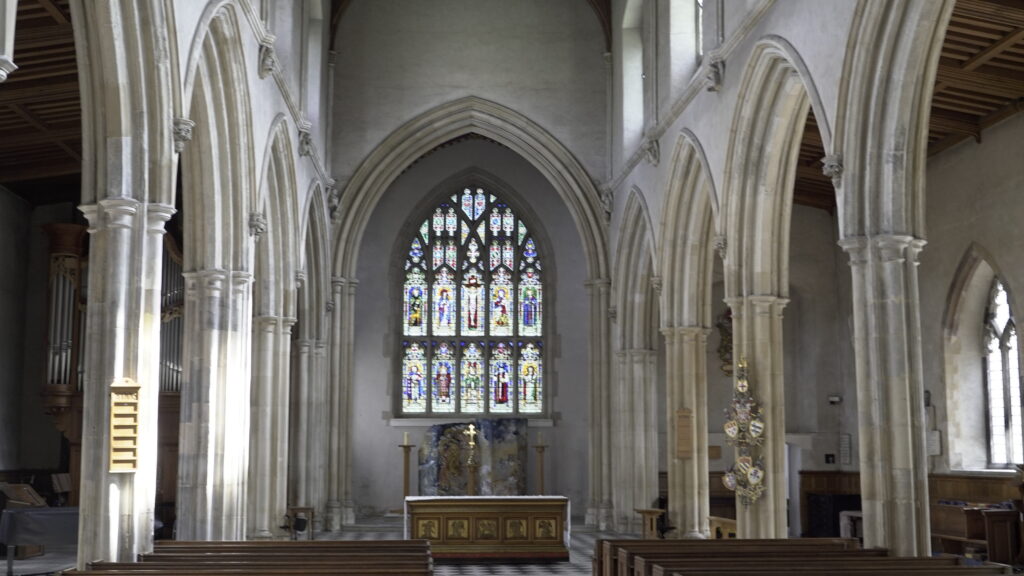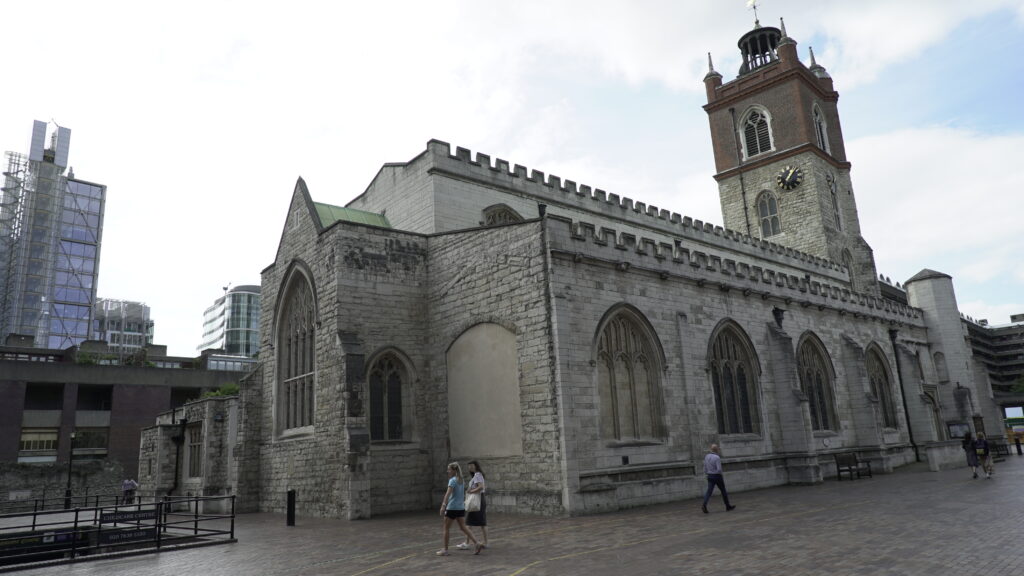I have an interest in American (US) and English Law, particularly the history thereof. One particularly difficult aspect to this is terminology as it is often bound up in the respective histories. Terminology was probably consistent up to the Commonwealth era but then it started to diverge, which is probably to be expected. The problem is that it didn’t diverge in expected and consistent ways.
A very useful theme is that American terminology retained the English original for an extended period. It has been said that American English is that used by Shakespeare, so that is a productive era to look for original meanings of words. Americans often reject this idea pointing out words that seem outdated to them, e.g. “whilst”. They believe that British English is outdated.
In reality language crossed the Atlantic several times. Words that we think of as modern American are actually returners from a distant past. For example: “the Fall”, Sheriff, the Posse are all words that came from England but have fallen out of use so are perceived as modern American.
Particularly in the Legal Lexicon there have been efforts to modernize legal terminology, the ancient writs of “mandamus”, “Certiorari” , “Habeas Corpus” are in current and common use in the US but in Britain legal authorities have sought modern alternatives.
Another problem in the US is that there is a political system of “dual sovereignty” , each State is responsible for its own law. Add to that the ideas of the “supremacy clause” clause in the constitution and there is quite a lot of variation across the Country.
I will try to pick some specific terms and explore their evolution over the past few centuries.
In the US, probably in most States, if you have a legal problem where you are likely to end up in Court you will need the services of an “Attorney at Law“, sometimes just referred to as an Attorney. The term is used mainly to advertise their trade, these days an Attorney is likely to work in a Law Firm and they have specializations. The term “Lawyer” is also likely to be used.
In England if you need the help with the legal system you will find that there are no Lawyers calling themselves an Attorney at Law, that expression has almost completely fallen out of use. The term “Attorney” is still used but in limited specialized contexts. The job of “Attorney General” still exists in the Government. You may give someone the “power of Attorney” if you are absent from the Country or too ill. Instead you would have to find a Solicitor to help and advise you. In the US an Attorney can do this job. Should you end up going to Court, the Solicitor will help you get a Barrister as they have “Rights of Audience” in Crown Court and above. In the US, provided they are “in good standing” with the State Bar Association the Attorney can represent you in Court.
In the US the term Solicitor has no association with the Legal Profession.
In both Countries you can represent yourself, called a Litigant in Person in England but you refer to someone who has gone “Pro Se” in the US.
Back to the point of this note, where did the term “Attorney at Law” come from? Did it originate in England or did the Americans invent it?
Fortunately I have a good answer to this question.

The Gravestone is dedicated to one Thomas Stagg. In the early eighteenth century the term “Attorney at Law” was most respectable. I believe we can safely say that term originated in England.
At this time the legal system in England was in flux, so there is no guarantee the modern American Attorney is doing the same job as Thomas Stagg
The picture was taken in the Church of St. Giles, Cripplegate. This is within the Barbican Centre in London. Thanks to Dr. Gillian Williamson for pointing it out.

